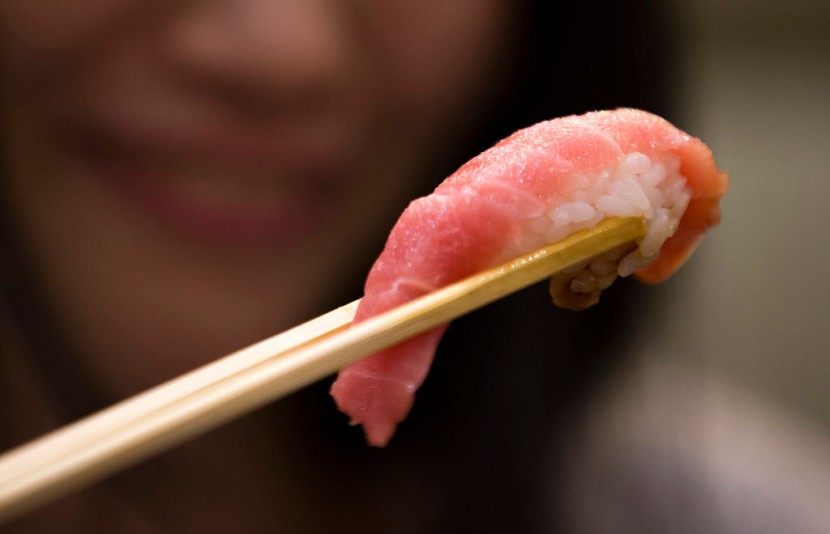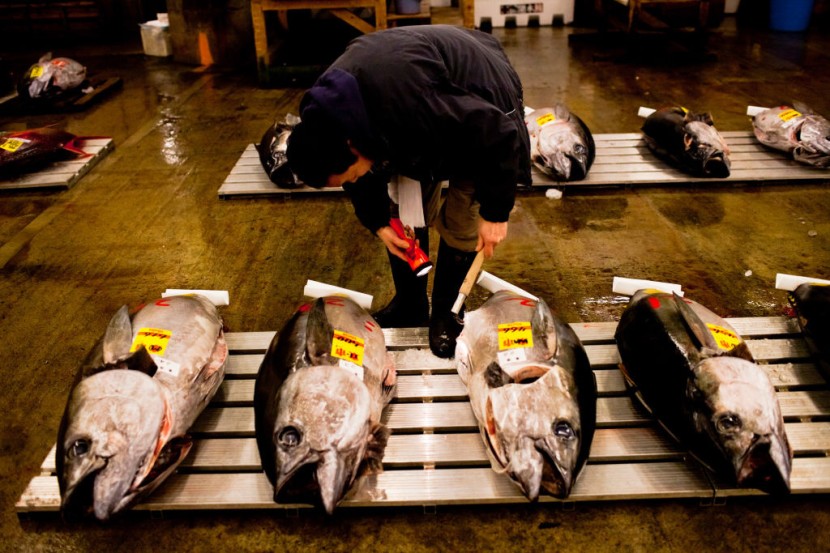China imposed a seafood ban against Japan after Tokyo made the controversial Fukushima wastewater release.
Experts claimed that the seafood import restriction could benefit not only the two Asian nations but also an unlikely country—Russia.
China's Seafood Ban Against Japan Could Greatly Benefit Russia

According to Business Insider's latest report, China's massive seafood market is attracting Russia after the ban imposed by the Chinese government to restrict seafood imports from Japan.
Russia's food safety watchdog, Rosselkhoznadzor, said that the Russian government sees the Chinese market as a promising place for fish products.
"We hope to increase the number of certified Russian companies and ships, the volume of products, and its range," the food safety agency explained on Friday, Aug. 25.
As of writing, Russia is among the largest marine product suppliers to China. Rosselkhoznadzor said that over 890 Russian companies have clearance to export seafood to the Asian country.
In 2020, these Russian firms were able to import over $15 billion worth of seafood. Meanwhile, in 2022, Russia was able to export 2.3 million metric tons of seafood worth around $6 billion.
Now, experts believe that Russia's marine products have more opportunities in China as the seafood restrictions against Japan continue.
Beijing Defense Seafood Ban

China claims that the latest seafood ban against Japan is its way of protecting Chinese residents, as reported by CNN Business.
The Chinese government explained that the marine product restriction is needed to prevent the risk of radioactive contamination of food.
Beijing even accused Tokyo of being extremely selfish and irresponsible since the Chinese government thinks it disregarded the international public interest.
Before the controversial nuclear wastewater release, Japanese officials already explained that the water from Fukushima had already been treated, saying it only contained negligible amounts of radioactivity.
However, China rejects Japan's explanations. On Weibo, many Chinese residents shared their disappointment about the Fukushima water release.
Many of them even suggested banning all Japanese products, including those that don't come from the sea.
© 2026 HNGN, All rights reserved. Do not reproduce without permission.








